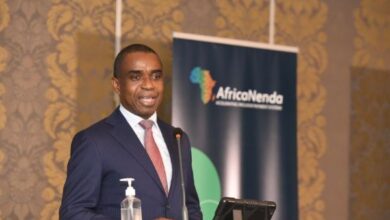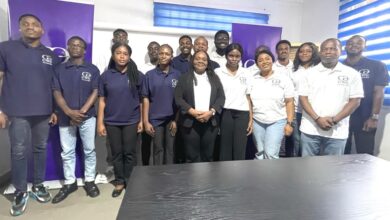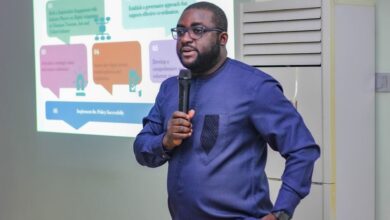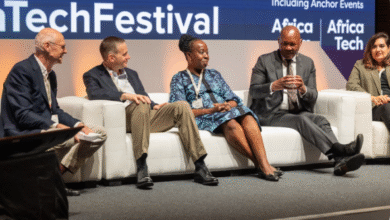Ghana’s 5G Wholesale Policy Explained: Addressing Bright Simons’ Concerns
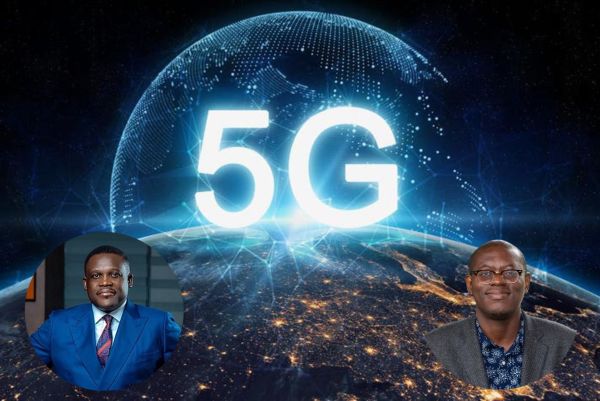
By Samuel Dowuona
Bright Simons is undeniably one of Ghana’s brightest minds and a prolific writer whose insights often challenge conventional thinking. However, in his recent article critiquing Ghana’s exclusive 5G wholesale license awarded to NextGen Infrastructure Company (NGIC), he overlooks several key facts and the broader strategic rationale behind the policy.
This response seeks to clarify the issues Bright Simons raised, following the announcement by the Minister of Communication, Digital Technology and Innovations, Sam George, who recently extended the deadline for nationwide 5G rollout to Q4 this year.
Policy vs. Licence: They Are One and the Same
Bright Simons suggested there is no clear government policy on 5G rollout. This is incorrect. During his Q2 update, the Minister clearly stated that “the nationwide shared 5G network model represents a deliberate policy shift to tackle infrastructure challenges, reduce data costs, and accelerate universal 5G access for all Ghanaians.” The exclusive wholesale license granted to NGIC directly implements this policy.
Licenses are the mechanism through which policy objectives become reality. With Ghana’s 4G penetration still estimated at less than 30% after nearly a decade of conventional licensing, the neutral host 4G and exclusive 5G wholesale approach is designed specifically to close these gaps and promote digital inclusion.
Why Not Just Use Existing Towercos?
Simons argues that existing tower companies (towercos) should roll out 5G instead. This overlooks the fundamental difference between passive and active infrastructure. Towercos manage passive assets like masts and power supply. 5G wholesale networks require active infrastructure elements such as dense small cell deployments, fibre backhaul, edge computing, cloud-native orchestration, and spectrum management — which are capabilities beyond the scope of traditional towercos.
Furthermore, towercos face inherent conflicts of interest. They must balance demands from multiple Mobile Network Operators (MNOs), risking market distortion. Their financing models favor predictable, fixed returns, while active wholesale models often rely on revenue-sharing or usage-based pricing, which towercos have historically resisted. For example, in Nigeria, even advanced towerco sharing models are limited to low-value rural areas under strict regulatory oversight to avoid market abuse. In Ghana, the existing towerco ecosystem already contributes to market imbalances. Entrusting 5G wholesale to them risks worsening structural issues the new policy aims to fix.
Why Create a New Greenfield Entity?
The decision to establish a greenfield operator like NGIC avoids legacy technical constraints and vendor lock-in, and prevents reinforcing existing commercial silos. On the flipside, it enables cloud-native, vendor-neutral deployment supporting advanced use cases such as network slicing, IoT, and UAV tracking. NGIC is not a speculative startup; it is a robust public-private partnership (PPP) backed by international investors, technical experts, and strong governance frameworks.
International Comparisons Validate Ghana’s Approach
Ghana’s model is comparable to Mexico’s Red Compartida — a greenfield wholesale network launched to counter the market dominance of América Móvil. Similarly, Ghana faces a Significant Market Power (SMP) operator who announced readiness for 5G rollout in 2021, but whose dominance has led to service gaps. Conventional spectrum auctions would only deepen this divide.
Another example is Rwanda’s wholesale LTE model (KTRN), which achieved nearly 95% coverage by 2018, while Ghana’s 4G coverage remains around 30% despite years of traditional licensing. Rwanda’s success clearly shows how wholesale approaches can deliver faster, wider, and more inclusive connectivity.
Why an Exclusive 5G Wholesale Licence?
This is not about creating a retail monopoly; it’s about establishing a regulated wholesale utility. As Minister Sam George emphasized, this policy avoids costly duplication of infrastructure, guarantees vendor-neutral access to all retail MNOs, ISPs, MVNOs, and PNOs, promotes equitable nationwide coverage, and ensures affordable access for all. Mexico’s Red Compartida remains a leading example of this model’s success.
The Real Structural Problem: SMP Dominance
Bright Simons’ analysis overlooks the market’s greatest challenge — the dominance of Ghana’s SMP operator, controlling approximately 75% of 4G subscriptions, over 80% of the data market, and similar shares in voice, SMS, mobile money, and revenues. SMP operators tend to focus on high-revenue urban areas, leaving rural and peri-urban communities underserved.
Without reforms, this imbalance will worsen, stifling competition and limiting rural coverage. The neutral host 4G and exclusive 5G wholesale model is therefore a strategic move to correct these market distortions and drive universal digital inclusion.
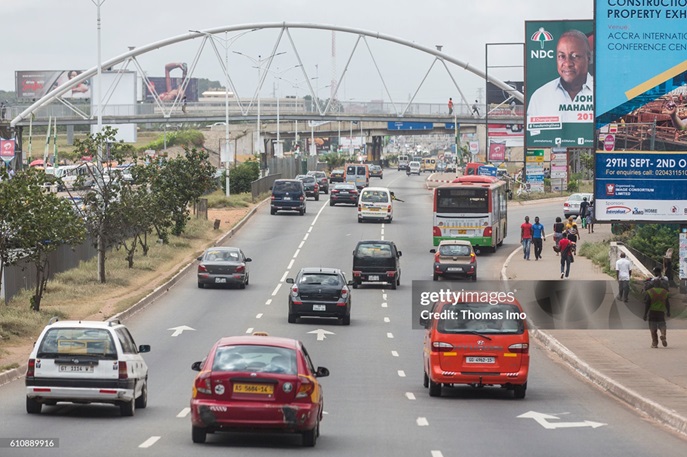
Why This Matters to Ghana
The future of Ghana’s digital economy depends on affordable, reliable, and ubiquitous internet access. This policy reflects a bold, strategic effort to break down monopolistic barriers, lower data costs, and connect every Ghanaian — in Accra, Kumasi, or remote villages. Bright Simons’ voice is important in national debates, but on this issue, the facts and evidence strongly support Ghana’s innovative, inclusive approach to 5G rollout.
The author, Samuel Dowuona is a multiple award-winning telecoms journalist and Managing Editor of Techfocus24. He can be reached via dowuonasamuel24@gmail.com

